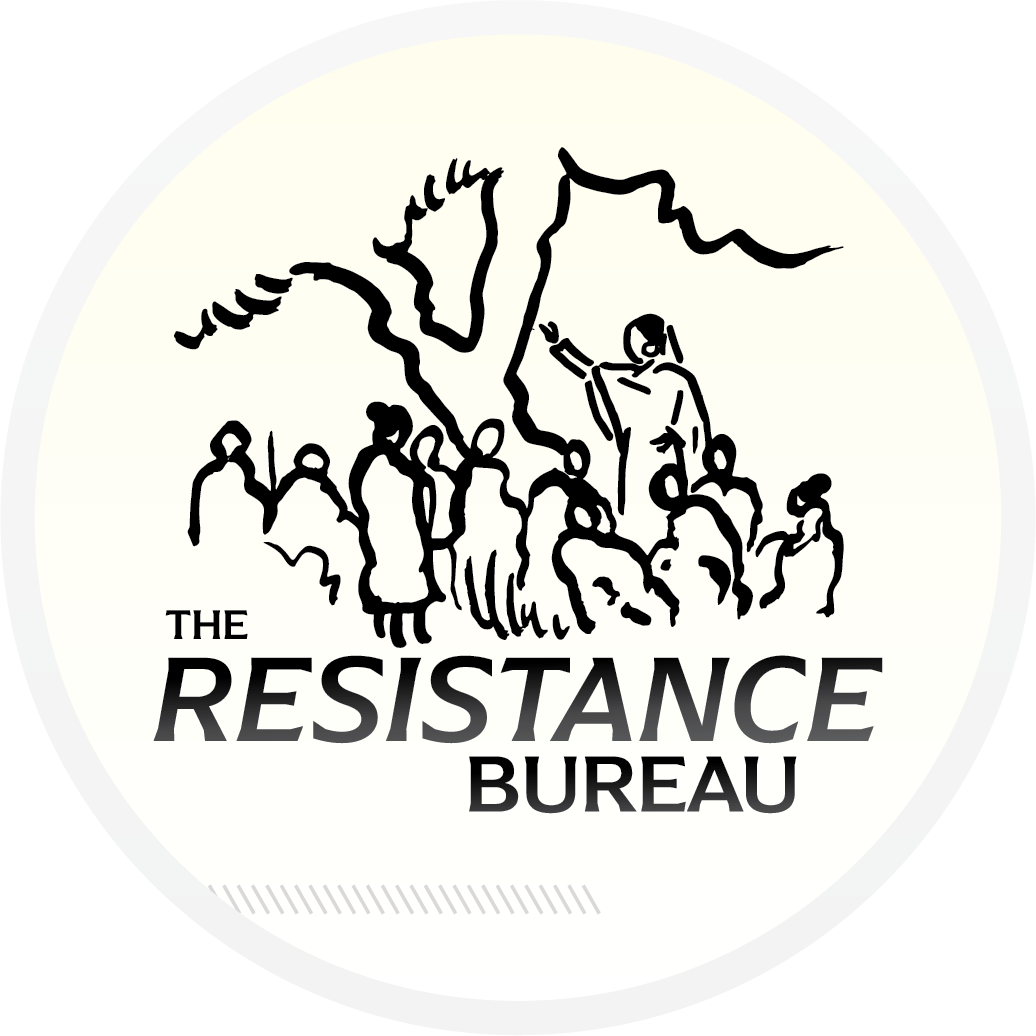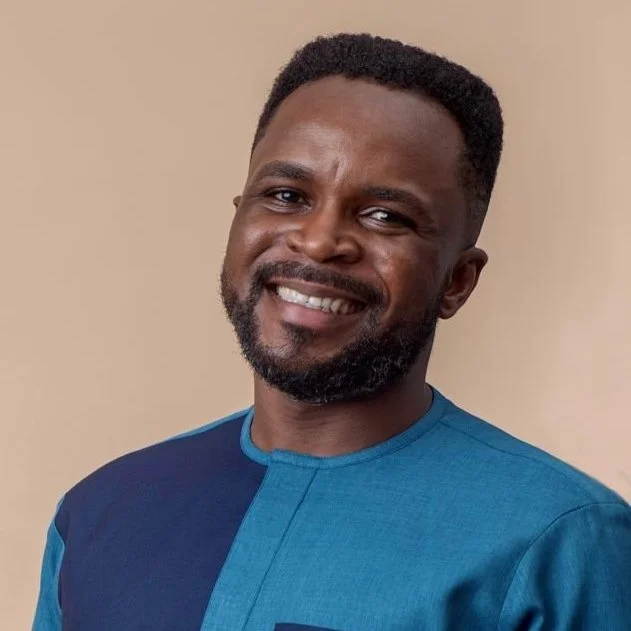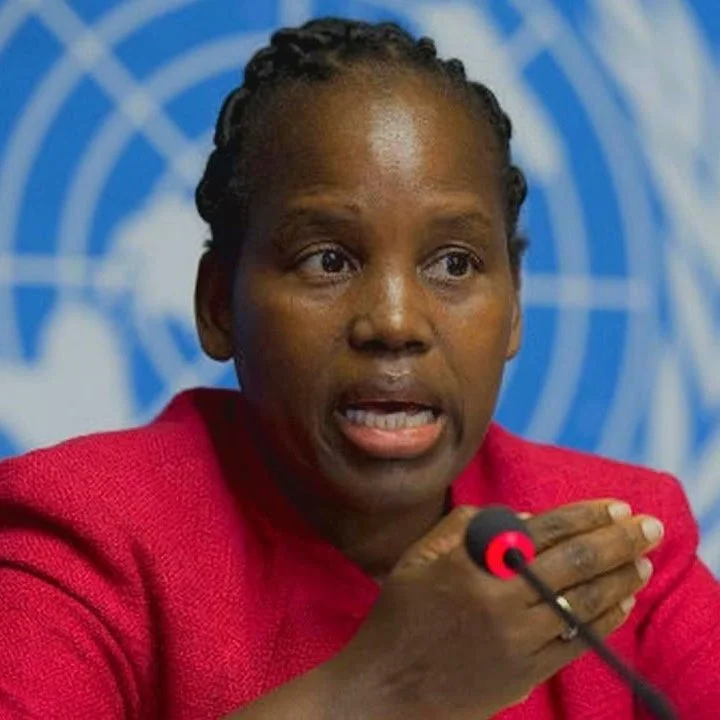Resisting Homophobia: The Colonial Origins of Anti-Gay Laws
Today, there are 71 countries in which sexual relations between people of the same sex are illegal. And there are 64 countries that have laws explicitly criminalizing homosexuality – nearly half of these are in Africa. Across the continent, there have also been many examples of lawmakers working to tighten laws that already outlaw ‘homosexual acts,’ including in Nigeria and Uganda. Uganda's parliament, for example, recently passed a draconian bill that includes punishments as severe as life in prison for those who identify as gay, and possibly the death penalty in certain cases. The country’s longtime autocratic leader, Yoweri Museveni, has publicly called on Africa to ‘save the world from homosexuality.’
Underpinning these arguments is a feeling that queerness -- non-heteronormative sexualities that involve physical, emotional, or sexual intimacy with a member of the same sex – is somehow ‘unAfrican.’ Leaders like Museveni, and Robert Mugabe and Yahya Jammeh before him, have argued that queerness is a ‘Western’ import designed to ‘destroy’ the African family – ironically, with the financial backing of evangelical leaders based in the United States.
These arguments, of course, ignore the fact that anti-gay legislation has firm roots in colonization. During the 19th and 20th centuries, homophobia was legally enforced by colonial administrators and missionaries, overturning a vastly different attitude towards sexual and gender identities that had prevailed for centuries across the continent.
Reinforcing this is the fact that populist homophobia has kept many politicians in power over the years. “Across Africa,” as Nigerian activist Bisi Alimi once wrote, “if you hate gay people, you get votes.” Africa is not alone in this regard.
The overall picture, however, isn't entirely bleak. South Africa was the first country on the continent to legalize same-sex marriages. Angola’s new president signed into law a revised penal code that banned discrimination on the basis of sexual orientation. And at least six countries have recently decriminalized same-sex relationships: Angola, Botswana, Gabon, Lesotho, Mozambique, and Seychelles.
In this show, we’ll explore the colonial roots of homophobia and its layered
complexities, while also attempting to unpack the political motives behind
anti-LGBT campaigns, in both dictatorships and democracies: from Kenya to Ghana and from Zimbabwe to Uganda. Please join us!
Meet our speakers
Olumide Makanjuola
Olumide Makanjuola is a human rights advocate, strategist, and a vibrant storyteller. He is a founding member of The Initiative for Equal Rights, one of the leading LGBT rights groups in Nigeria, serving as its director from 2013-2018. He is currently the director of programs at Initiative Sankofa d’Afrique de l’Ouest, a regional activist-led fund that works toward achieving a just and inclusive society free from violence and injustice.
Steve Letsike
Steve Letsike is an award-winning human rights advocate and the founding director of Access Chapter 2, a South African NGO that works to secure equal access to services and human rights for LGBT people in the country. Among her numerous affiliations: she leads the Commonwealth Equality Network, and co-chairs the South African National AIDS Council as well as the National Task Team, a government-led initiative that addresses hate crimes.
Hon. Unity Dow
Unity Dow is a member of parliament in Botswana, a former high-ranking government minister, and previously served as a judge on the High Court - becoming the first appointed female judge in Botswana's history. She has led a distinguished career as a legal practitioner and is internationally acclaimed for her work on women and LGBT rights in particular. Just this month, she was awarded the prestigious William J. Butler Human Rights Medal by the University of Cincinnati.
Frank Mugisha
Frank Mugisha is one of the most well-known and outspoken advocates for LGBT rights in Uganda and worldwide. A fearless activist and writer, he has been awarded many times for his work, including a 2014 nomination for the Nobel Peace Prize. Over the past decade, he has served as the executive director of Sexual Minorities Uganda (SMUG), a critical NGO that was ordered to be shut down by the Ugandan government in August 2022.
Discussion
Aileen Kimuhu
Aileen Kimuhu is a a multi-talented professional. A trained lawyer and published author with interests in identity politics, education, and history. She has consulted for African governments, including the Office of the President of Kenya, on issues of strategic communications. She is also host of the podcast Utajua Hujui, a program on world history as seen through an African lens.
Moderation
Mantate Mlotshwa
Mantate Mlotshwa is a passionate advocate for the meaningful contribution of women and youth to democracy and governance processes. The Founder of the creative brand U Motle, she has earned a reputation for speaking her mind and promoting positive messages of liberation and emancipation in Zimbabwe and beyond.
Jeffrey Smith
"Jeffrey Smith is an award-winning human rights campaigner, social media influencer, and a prolific writer. He is co-creator of The Resistance Bureau and also founding director of Vanguard Africa, a global nonprofit organization that partners with visionary African leaders to build campaigns for democracy and ethical leadership.







